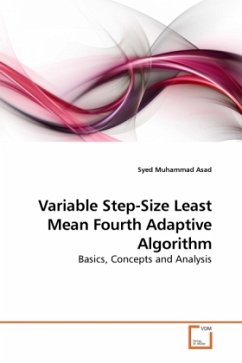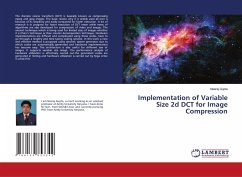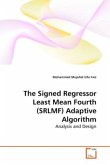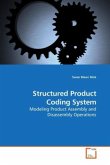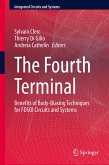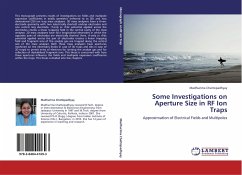Adaptive ltering algorithms have been proposed to improve the performance in terms of their steady-state error and convergence rate. They have also been developed to counter the e ects of measurement noise characterised as white Gaussian. The Least Mean Square (LMS) algorithm has been by far the most important in terms of its simplicity and range of applications. Thus it has been a centre point of extensive research. In particular, the time-varying step-size models of LMS have contributed immensely in the performance enhancement of LMS algorithm. By comparison the Least Mean Fourth (LMF) algorithm that gives better convergence rate in non-Gaussian noise environment has not been researched in its full spectrum. The aim of this work is to exploit the research in LMS algorithm particularly in the model of time-varying step-size parameter and extend it to the LMF. We have developed a variable step-size LMF algorithm with the aim to achieve better performance than the traditional LMF and retain its inherent dominance over the LMF in non-Gaussian noise environments.

